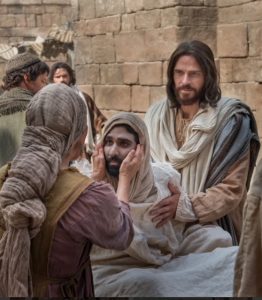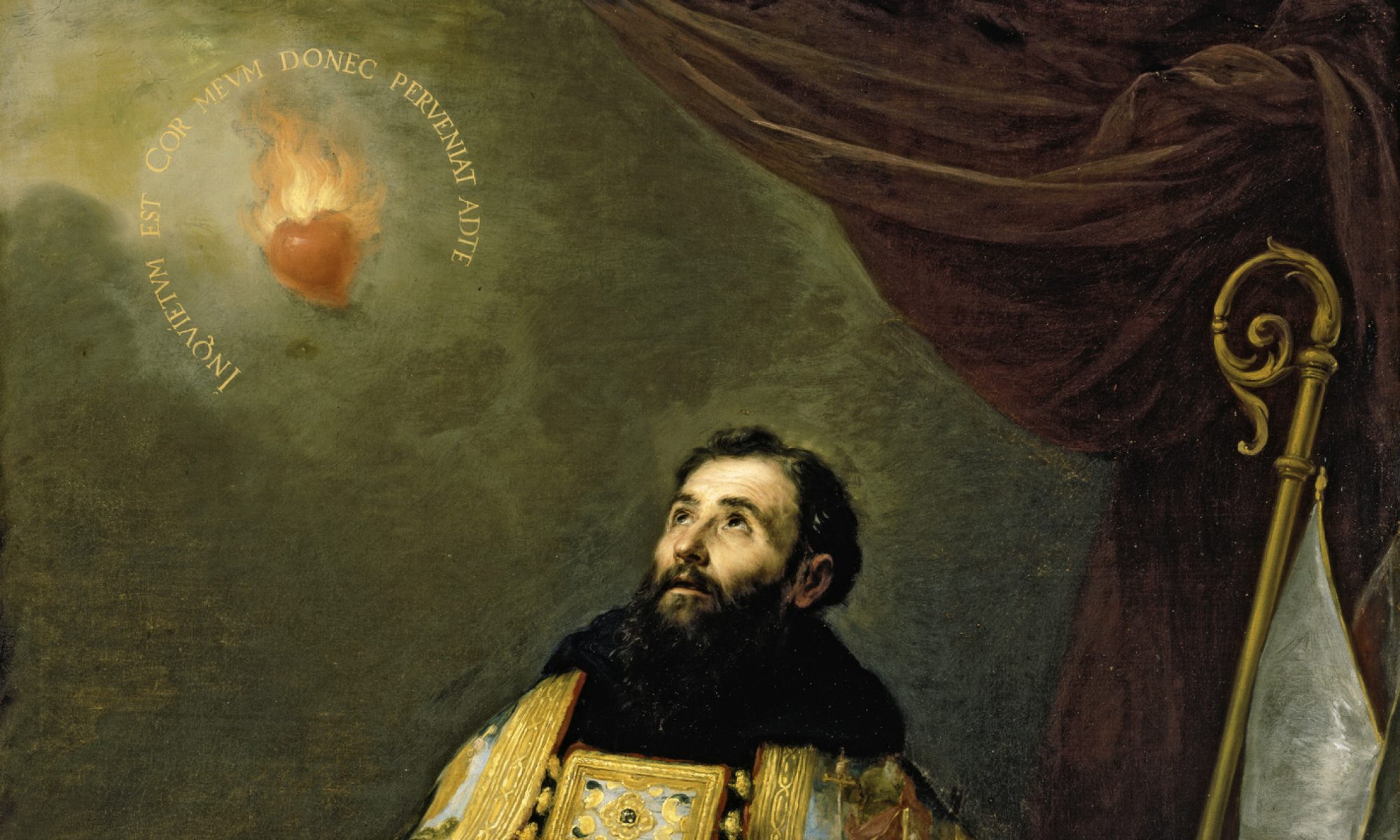I returned from a two-week vacation in Europe on August 28, 2024. It was short but filled with successful missionary endeavors and meeting old friends and the religious organization called the Society of the Divine Mercy, which branches out to other devotional groups throughout Vienna. I was able to preach to Filipino devotees of Our Lady of Perpetual Help at the first District under the Filipino Chaplaincy of the Archdiocese of Vienna. It is nice to be back to continue what God wants to be seen in all of us, that is to do things that are truly good for us.
The epistle today from the Letter of St. Paul to the Galatians provides us with two important images of Christian maturity.
First, there are people who tend to be good influencers, and their vision is completely opposite from the action of the Spirit. Paul reminds them; he writes, “Let us not be made desirous of vainglory, provoking one another, envying one another.” (v.26). Vainglory means being conceited with the pursuit of glory for oneself. This is a pointless attitude which deprives oneself from finding time to glorify God alone because of his/her pride. It is an empty pride because he wants to glorify himself rather than God. With this attitude, it creates an effect of provoking one another and even to the point of envying other’s works and achievements. He or she has an attitude of constant bullying, thinking about himself being above others. They are focused on themselves; thus, they are deeply insecure. Therefore, the Holy Spirit moves away from them because they are closely tight thinking of themselves and are not open to change.
Second, the people who are receptive of the Holy Spirit are people who do the opposite, not seeking for any kind of honor and glory and not picking fights to prove themselves, but rather thinking of themselves as less and humble. This is what St. Paul envisioned in a community, “Bear ye one another’s burdens, and so you shall fulfill the law of Christ.” (Gal 6:2)
The Spirit produces our sense of responsibility for those around us. We are meant to help one another, for your burdens are mine and my burdens are yours. We share all the burdens for we identify with our community or family.
Now the idea isn’t hard to understand, for we become mature when we commit to bearing the weight together. We try to solve the problem together if we can, and we follow through with action. All the words of encouragement, support and prayers are felt by us, and we never feel that the burden of one is being carried alone. So, people with deep humility, truly mature people, see their responsibility for the community around them. St. Paul says, “For each will have to bear his own load.” (Gal 6:5)
In our gospel reading taken from St. Luke 7:11-16, this episode is part of the public ministry of Jesus in which that reign becomes visible. It is a reminder that God continues to work for the salvation of all, the sick and the oppressed, like the widow whose husband died and is now having the burial of her only son.
Jesus enters into the city of Naim, and while walking with His chosen disciples, He saw the burial of a dead man, the only son of his mother. Jesus felt deep compassion and comforted the mother when He said, “Weep not.” Compassion in this text is closely connected to Jesus’ qualities of being Divine and Lord. This is a powerful message. Jesus approached and touched the coffin, and He said, “Young man, I say to thee, Arise!” The dead man came to life and sat up and began to speak. Jesus raises the son from the dead, which is a sign that God is “amongst His people” in Jesus. (v.22) For this miracle, St. Luke provided many witnesses because many local people had witnessed Jesus’ miraculous event.
This story is unique to Luke. Jesus knew that being a widow, she would suffer because she would have no means of economic support because of the fact that she lost both her husband and mother. Restoring the life of her son becomes a way to sustain her own life.
When Jesus accomplishes miracles, He reveals His credibility, continuity and genuine identity. He comes to heal and save! Jesus’ establishment of God’s reign is clearly understood when weeping is turned into laughing, and one does good to others constantly showing mercy where the Spirit of Jesus leads to a much different image of community. God’s purpose continues to be that of healing and saving without discrimination among people.
Today, we must proclaim, “a great prophet has arisen among us and the Lord has visited his people.” Let us be clear; we are responsible for one another!
God bless you.
Fr. Arlon, osa

